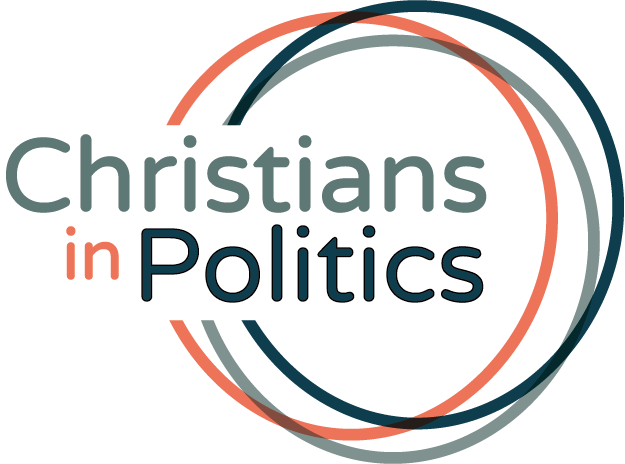Where do I start?
Politics matters. It determines our life from the moment we wake up to the moment we go to bed. It affects our homes, our jobs, our welfare and our families.
While we understand that politics matters, sometimes we can’t see how what happens in an old building in Westminster affects us… or how we can affect it.
You may be thinking about getting politically engaged but don’t know where to start, so we thought it would be helpful to outline some practical first steps that you can take.
1. Reach Out & Get Connected
The reality is that you are probably already very political. You probably have strong opinions on a number of subjects, and you are probably already involved in some form of community engagement. The challenge is drawing these threads together. How does national policy effect what you are seeing in your locality? Who are you already in contact with that is involved in local politics in your area? Do you know your local councillors or MP? If not, get in touch. It’s not hard to locate local political party representatives. Grab a coffee. They will scent new blood and be very keen to meet! From our experience, God seems to draw people naturally through relationship into this exciting mission-field.
2. Sign up to the CiPol newsletter
Sign up to receive our regular newsletter (via the subscribe button) to become part of the CiPol community, and to be the first to hear news and information about our work including new resources, events and opportunities to get involved.
3. CiPol resources
We have loads of articles and resources that are regularly being added to that can help you to start exploring faith, politics and political issues.
4. NEWS & MEDIA
A good place to start is to watch the news each day, or read a newspaper, and start to become familiar with the current topics of debate. When you come across an issue that particularly interests you, try to find out more about it and read different opinions about it, so you learn what the real points of contention are and what different political parties think about it. As you do this you will develop your own opinions. Watching Question Time on a Thursday night can be another good way to learn about the different perspectives, as they have a panel of people from across the board talking and debating on current issues.
5. Attend an event
A great way to find out more information and to meet like-minded individuals is to attend a political event. CiPol delivers a programme of events and training in churches, Christian conferences and festivals all over the UK. Visit our events page to find out more.
You can even go along to debates or speakers events in parliament on issues you may be particularly interested in. The Parliament website will have information on what’s coming up.
6. Join a group or network
We also suggest joining a group / network as another way to learn more, get involved and meet fellow Christians involved in politics. CiPol has several networks and local groups that bring together Christians from across the breadth of the Church, political parties and independents. Find out more about our groups and networks here.
If you have particular political leanings you may also wish to consider joining a political party or Christian agency affiliated with a party. You can find out more here.

